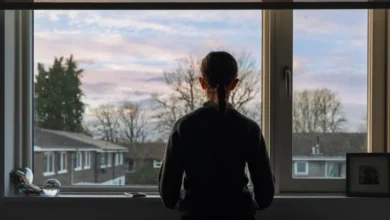Crisis to Reform: Maharashtra Responds to Student Mental Health Emergency with Statewide Policy Draft

Days after the world marked World Mental Health Day 2025, the Maharashtra government has announced the constitution of a high-level expert committee to draft a comprehensive policy addressing student safety, mental well-being, and grievance redressal across the state’s universities.
The 11-member committee, headed by Dr. Hemalata Bagla, Vice-Chancellor of HSNC University, will prepare the draft policy applicable to all public and private non-agricultural universities in Maharashtra. The panel is expected to submit its preliminary report within two months.
Speaking to mid-day, Dr. Bagla said the committee will focus on establishing clear norms in three key areas; student protection, grievance redressal, and mental well-being in line with existing directives from the University Grants Commission (UGC), All India Council for Technical Education (AICTE), and the Supreme Court of India.
“The committee will focus on drafting norms for student protection, grievance redressal, and mental well-being in compliance with rules already laid down by the UGC, AICTE, and Supreme Court,” Dr. Bagla stated.
While most institutions already follow national guidelines, officials say the new policy will enhance accountability, institutional responsiveness, and enforcement mechanisms to bridge the gap between policy and practice.
Dr. Bagla added that the proposed framework will place special emphasis on suicide prevention strategies, mental health sensitisation, and peer-support systems, with colleges possibly required to submit periodic compliance reports to the Directorate of Higher Education.
“These norms will help institutions align their internal policies and fast-track grievance handling,” she added.
The committee will also consult a diverse group of stakeholders; including students, faculty members, parents, administrators, and university officials, to ensure that the final draft reflects ground realities across campuses.
The move comes amid rising concerns over student suicides, academic pressure, and inadequate mental health infrastructure in higher education institutions across India. Experts have long called for a more structured state-level approach to campus well-being, combining preventive, responsive, and rehabilitative strategies.
Once finalised, the policy could serve as a model framework for other Indian states, promoting a culture of safety, empathy, and early intervention within the education system.





